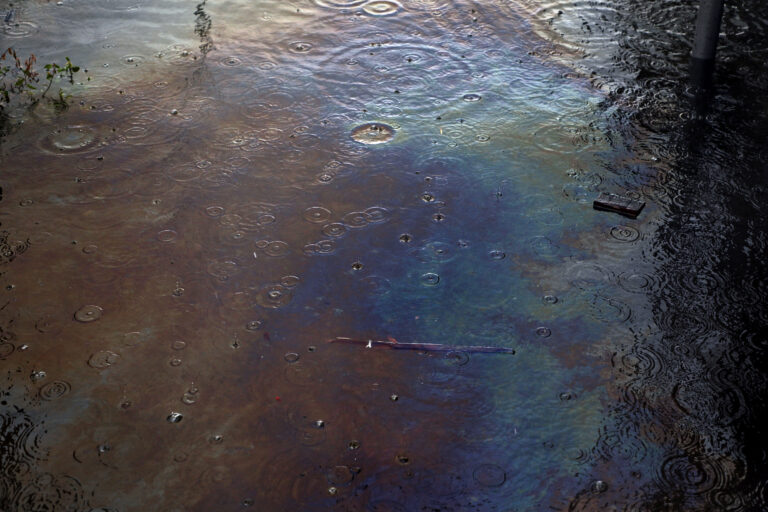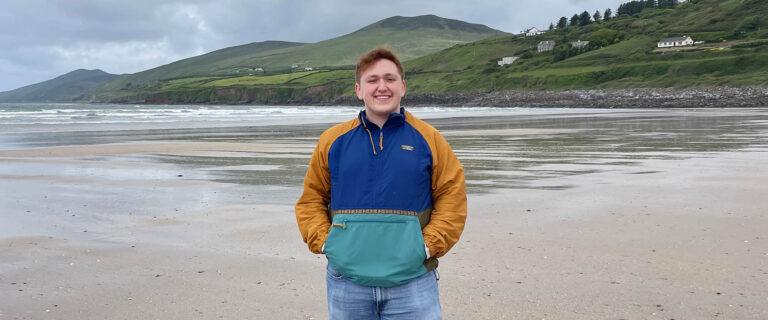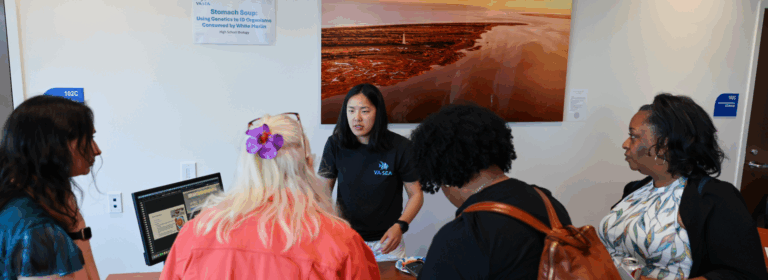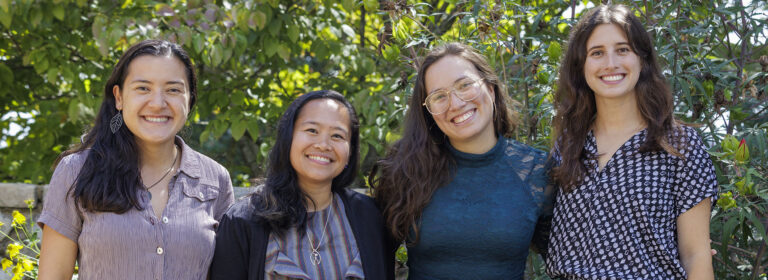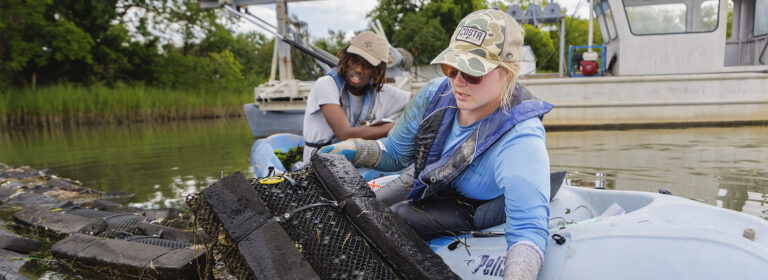VASG to Lead Research Into Contaminated Stormwater
Virginia Sea Grant was awarded $458,863 in funding for the identification and mitigation of contaminants of emerging concern (CEC) in stormwater in socioeconomically disadvantaged communities of the Chesapeake Bay watershed.
Virginia Sea Grant and the Virginia Water Resources Research Center brought together a partnership among the mid-Atlantic state Sea Grant programs (MD, PA, NY, DE, NJ, NC); USGS-funded Water Resource Centers (VA, WV, PA, DE); and the Chesapeake Bay Program Toxic Contaminates Workgroup to create a collaborative and regionally focused research competition that will build on previously funded CEC projects in the Chesapeake Bay watershed.
Contaminants of Emerging Concern (CEC) are chemicals and toxins that have been found in waterbodies and include pharmaceuticals, personal care or household cleaning products, industrial chemicals (e.g., per-and polyfluoroalkyl substances (PFAS)), lawn care and agricultural products, and microfibers. CECs are increasingly detected in surface water and groundwater, posing risks to the Nation’s drinking water and aquatic life. The Chesapeake Bay is the nation’s largest estuary spanning over 64,000 miles over six states and providing water to more than 18 million people.
With the awarded funding, VASG will run a research competition that will fund two research projects. Projects funded through the competition will investigate the prevalence of CECs in stormwater in disadvantaged communities, determine the effectiveness of current stormwater best management practices to reduce CECs, research new CEC mitigation methods, and provide regionally based outreach programs.
The project is one of two projects receiving approximately $1M in FY2023 funding from NOAA Sea Grant to lead regional research competitions in the Mid-Atlantic and Pacific regions on addressing CEC information needs.
Congress has directed Sea Grant to “partner with State agencies and academic institutions to research and monitor contaminants of emerging concern that may cause ecological or human health impacts in coastal and estuarine waters.” The National Sea Grant Office has successfully issued three national competitive funding opportunities to support initiatives focused on regionally relevant CEC issues and priorities.
In FY2022, Sea Grant funded two projects with similar structures and goals in the Southeast and Great Lakes region. The Great Lakes Region PFAS Scoping and Competitive Research Program, led by Illinois-Indiana Sea Grant, has completed scoping and is reviewing proposals received from its 2023 competition. The Building a Regional Network to Study the Influence of Climate Change on Contaminants of Emerging Concern project, led by South Carolina Sea Grant Consortium, is also underway.
In FY2021, the National Sea Grant Office supported a nationwide scoping campaign to identify how the National Sea Grant College Program’s expertise in contaminants of emerging concern can be most effectively leveraged. Connecticut Sea Grant, in collaboration with the New Hampshire and North Carolina Sea Grant programs and Lighthouse Consulting Group, published the resulting national framework in May 2022.
The National Sea Grant Office also provided funding in FY2021 to Connecticut Sea Grant to administer a regional research competition in the Mid-Atlantic. The Mid-Atlantic CEC research competition recently announced the projects selected through that competitive process. The awards will fund research in New Haven, Connecticut; Norfolk and Hampton, Virginia; Narragansett Bay, Rhode Island; and Lake Champlain in Vermont and New York focused on CECs.
The National Sea Grant College Program consists of 34 university-based programs in every coastal and Great Lakes state, Puerto Rico, and Guam. Sea Grant works with local partners and communities to identify local priorities and needs and then uses a comprehensive approach of basic and applied research, community outreach and extension, and education to work with communities to “enhance the practical use and conservation of coastal, marine and Great Lakes resources in order to create a sustainable economy and environment.”
